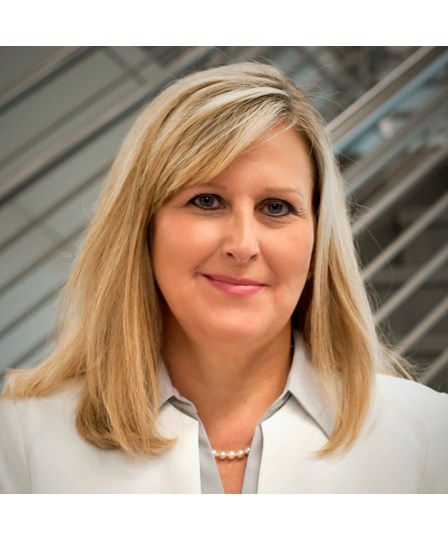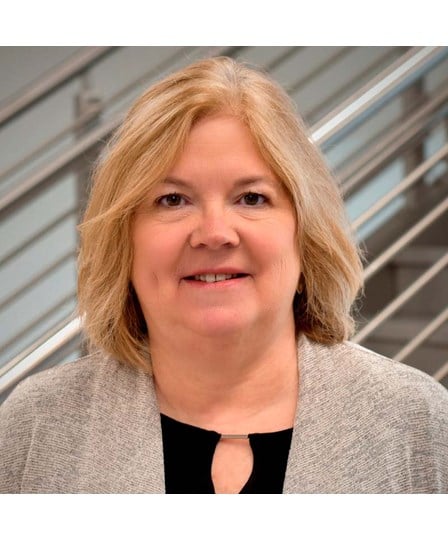North Carolina welcomes captive insurer owners and service providers to become a part of the state's outstanding captive insurance program. With its modern North Carolina Captive Insurance Act and dedicated team of captive insurance professionals, North Carolina provides a great home for captive insurers.
Since the inception of the program in 2013, the strong growth of the captive insurance industry has been a result of the program's benefits, which include but are not limited to the low regulatory formation and operational costs; its reasonable and appropriate regulatory approach; and the dedicated captive insurance regulatory team of the North Carolina Department of Insurance (NCDOI), which is comprised of experienced, knowledgeable insurance professionals, including CPAs and in-house actuaries committed to providing outstanding customer service.
To learn more about the benefits of forming a captive insurer in North Carolina, we recommend exploring the NCDOI's website, which includes useful information, including the NCDOI staff's contact information, and other resources regarding the captive insurance program. Contact information for the full NCDOI captive insurance regulatory team is available at this link.






























